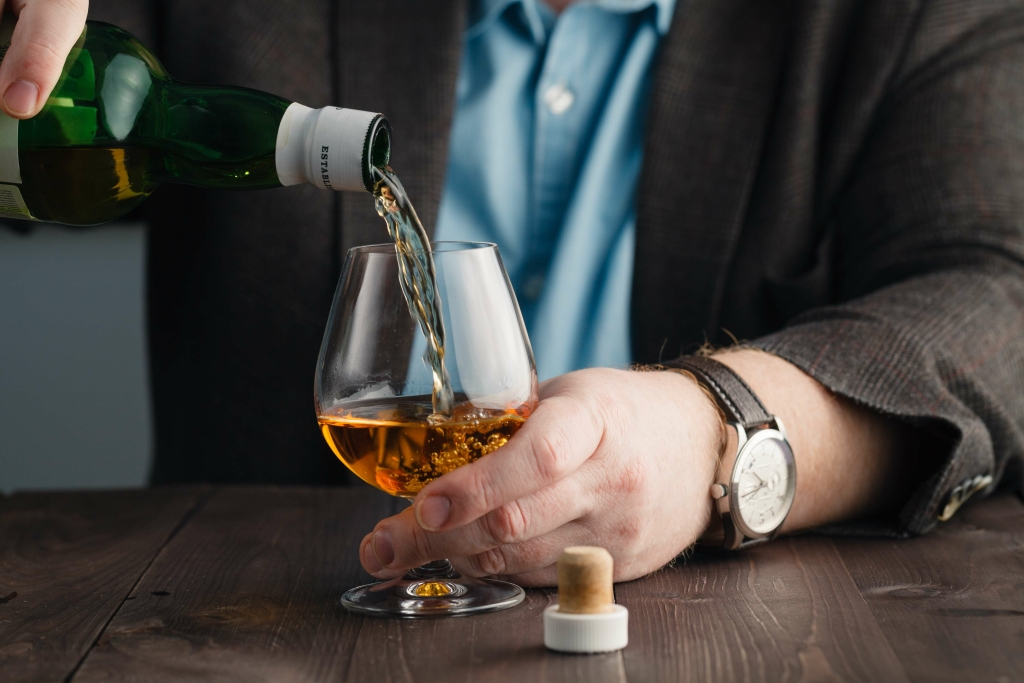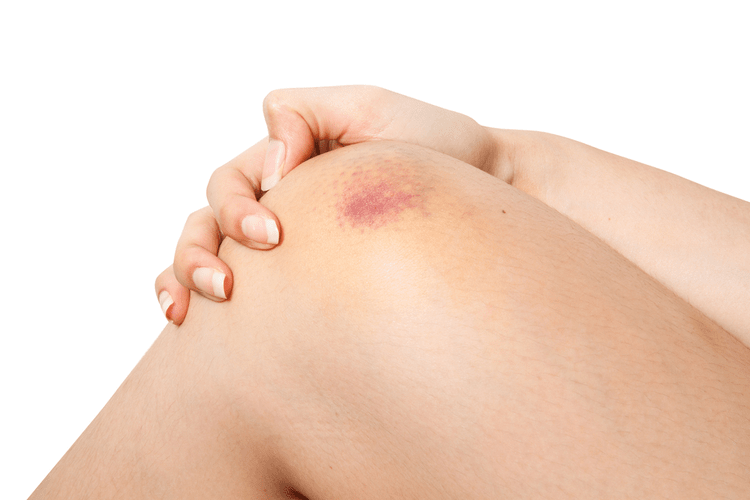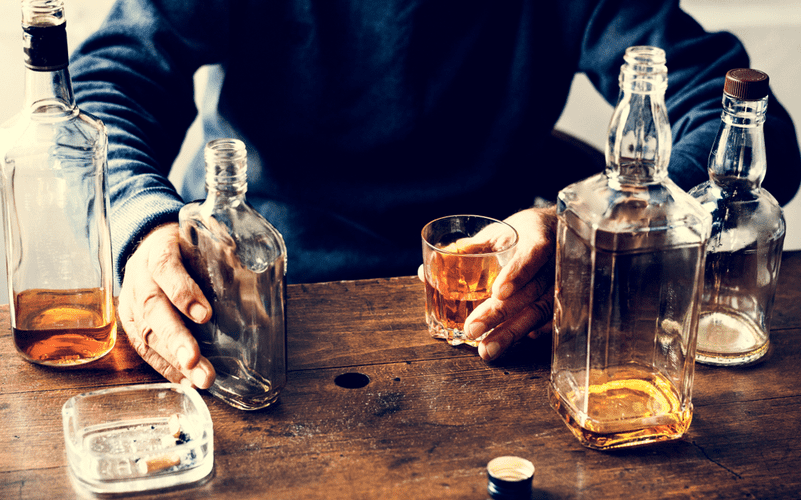I'm grateful that I did it and was able to gain a new perspective surrounding alcohol for myself. I can't constantly sit back and crave something I no longer even enjoy, which will be an incredible life change going forward. Shannon Weir, RN is the Chief Nursing Officer at Gallus Medical Detox Centers.
Not Understanding The Disease

I’ve learned to drop a lot of bitterness I’d been holding on to and it has been one of the most liberating mindset shifts I’ve experienced in sobriety. It’s also opened me up to new, closer relationships that are built on much sturdier foundations. There are people with whom I was very close over the years who are now just faces on social media that I interact with maybe a few times a year. It’s just what https://ecosoberhouse.com/ it is and in no way a value judgment on me or them. There is a difference between apologizing and making amends for the things you did when you were drinking and forcing yourself back into someone’s life.
What you can expect after one day without drinking

Supportive friends and family members play a crucial role in addiction recovery, offering understanding and respect for the individual’s decision to remain sober. By surrounding themselves with positive influences, recovering alcoholics can find encouragement and reinforcement in their commitment to sobriety. Some people feel that relapse prevention is about saying no right before they take a drink. In reality, the physical relapse stage is the most difficult to stop, and it’s a final stage rather than a standalone. If you experience a physical relapse, you might need to return to treatment or revisit your relapse prevention plan. Treatment didn’t fail, and you didn’t either, but a physical relapse can mean that your treatment plan may need to be adjusted or evolve with your changing needs.

Mental Health
But we will proceed all the way to the light at the end of the tunnel. Understanding your condition is a crucial first step towards beating alcoholism forever. I going back to drinking after being sober was beyond frustrated because I didn’t just want to know how long my symptoms would last. I wanted to know if there was anything I could do to actively manage them.
Alcohol Relapse Statistics
- These side effects may last for an hour or longer, and can serve as a powerful deterrent.
- Years ago, I successfully used epsom salt baths, contrast showers, diet changes and exercise to begin dry periods that would last a week or two.
- Eventually, and rightfully so, those people broke free of me.
Therapy, both individual and group-based, is important for addressing these patterns. It helps individuals identify their emotional triggers, develop healthier responses, and stay accountable to their recovery goals. Encouragement from peers and loved ones also reinforces these positive changes and provides a safety net during difficult times. For recovering alcoholics, moderation may also bring psychological struggles. Attempting to drink socially can trigger memories of past behaviors and create internal conflicts about their recovery journey.
- And if we fall into the pattern of drinking more and more, we’re really putting our health on the line — again.
- Alcoholism is a chronic disease that takes months or years of treatment and support to recover from.
- Family members and close friends should look for the warning signs of harmful company and help avoid the risk of relapse.
- There are chemical changes in the brain of someone with AUD.
- Any drink could reignite the compulsion to drink and restart old damaging habits.
Can You Reverse Brain Damage From Alcohol?
There were gaping holes in my memory that my hungover brain began to fill with a host of worst-case scenarios, a rush of anxiety that was starting to become all-too familiar. Find rehab for yourself or a loved one by speaking with a treatment provider. Alcohol is known to cause “brain fog,” which can impair memory, concentration, and decision-making due to the imbalance of neurotransmitters in the brain. After a couple of months of no alcohol, the brain and the neurotransmitters begin to regain balance, and you will notice that your thoughts become clearer. Alcohol is “empty calories,” meaning that it is full of calories without any nutritional value. When you refrain from drinking after a couple of alcohol rehab months, you will notice that you are naturally losing weight.
